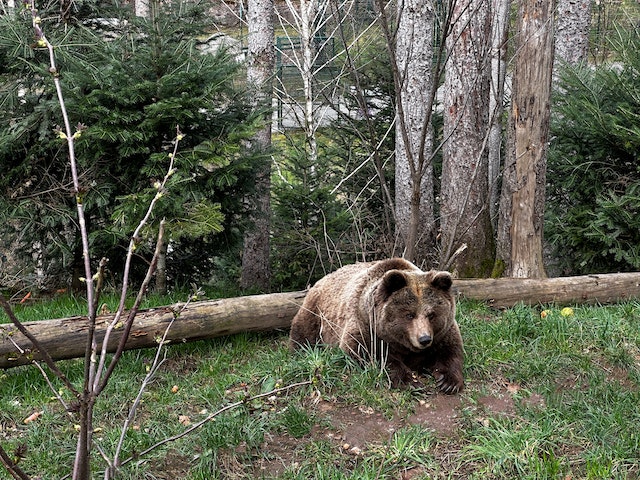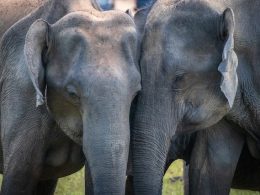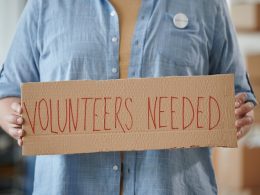For many hunters, the pursuit of game is a thrilling and adrenaline-filled experience. However, when that excitement turns into guilt due to mistakenly killing a protected animal, it becomes an emotional rollercoaster that can have a profound impact on the hunter’s psyche.
The initial thrill of the hunt is often fueled by the anticipation of a successful outcome. Hunters invest time, effort, and resources in their pursuit, aiming to achieve a sense of accomplishment and provide sustenance for themselves and their families. However, when they unknowingly target and kill a protected animal, the elation quickly transforms into a mix of shock, remorse, and guilt.
The emotional toll of mistakenly killing a protected animal stems from several factors. Firstly, hunters may experience a deep sense of regret for violating hunting regulations and contributing to the decline of a protected species. The realization that their actions have had a negative impact on wildlife conservation efforts can be emotionally overwhelming.
Additionally, the guilt arises from the ethical implications of taking the life of a protected animal. Hunters are often deeply connected to nature and have a profound respect for wildlife. Inadvertently causing harm to a protected species challenges their core values and beliefs, leading to a moral dilemma that can be difficult to reconcile.
The emotional rollercoaster also extends to the fear of legal consequences. Hunters may face legal repercussions for violating hunting regulations, including hefty fines, license suspension, or even criminal charges. The fear of facing legal penalties adds an additional layer of stress and anxiety to an already emotionally charged situation.
To cope with the emotional aftermath, hunters must confront their feelings and take responsibility for their actions. This involves reporting the incident to the appropriate authorities, cooperating fully with investigations, and accepting the consequences of their mistake. Seeking support from fellow hunters, friends, and family can also provide an outlet for expressing emotions and finding guidance during this challenging time.
Education and awareness play a crucial role in preventing such incidents from occurring. Hunters should prioritize understanding and complying with hunting regulations, particularly those concerning protected species. This includes familiarizing themselves with identification techniques, studying the distinct characteristics of targeted game species, and staying updated on changes in hunting regulations.
Furthermore, engaging in ongoing education and training programs can enhance hunters’ knowledge and promote responsible hunting practices. Participating in hunter education courses, workshops, and conservation programs can provide valuable insights on wildlife identification, hunting ethics, and the importance of species conservation.
Government agencies and wildlife conservation organizations also play a vital role in preventing such emotional experiences. They can focus on promoting awareness of protected species, improving signage and information dissemination in hunting areas, and enhancing communication between hunters and conservation authorities. By fostering a culture of responsibility and respect for wildlife, these organizations can contribute to reducing the occurrence of such incidents.
In conclusion, the emotional rollercoaster of mistakenly killing a protected animal is a deeply personal and complex experience for hunters. The thrill of the hunt quickly turns into guilt, remorse, and a mix of conflicting emotions. It is crucial for hunters to confront their feelings, take responsibility for their actions, and seek support from their communities. By prioritizing education, responsible practices, and compliance with hunting regulations, hunters can prevent such incidents and contribute to the preservation of protected species.












